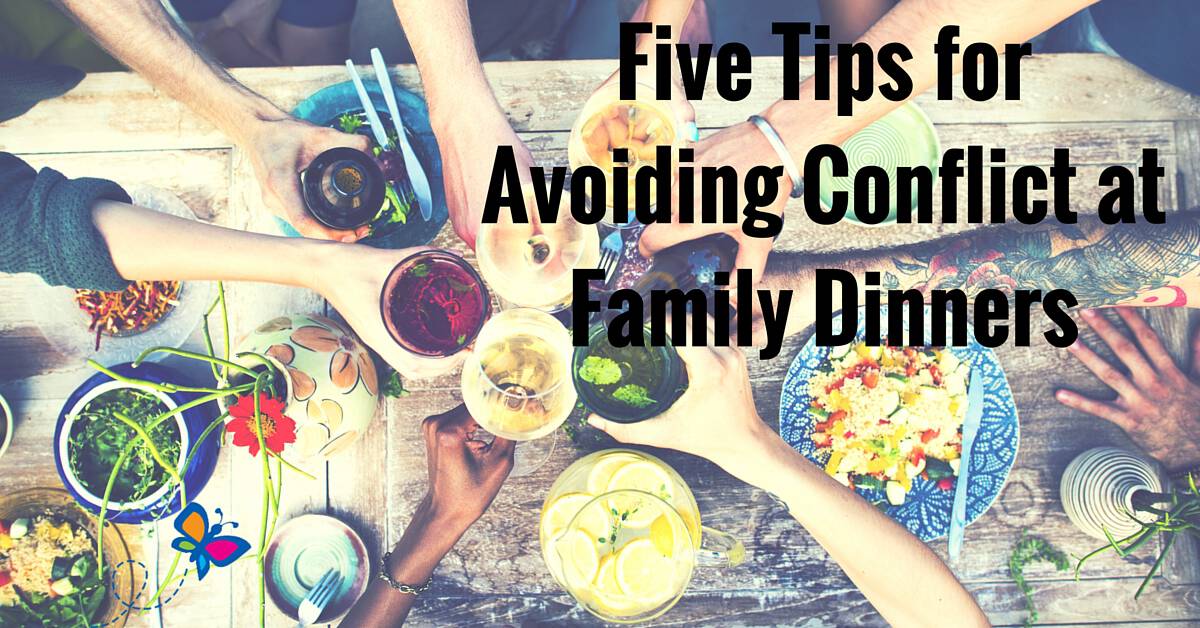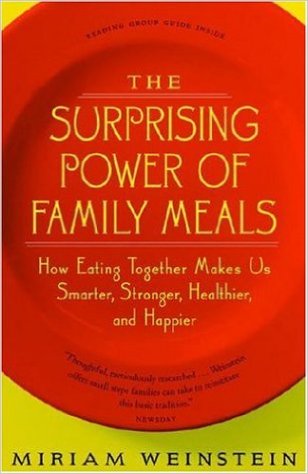
1) Be smart about conversation topics:
There are two important ways in which conversation topics can lead to conflict. Firstly, seeing certain family members may spark an urge to revisit past grievances or air current misgivings. However, a large family dinner is the worst possible place to instigate such a conversation. Instead, try to focus on appreciating everyone in your family and enjoy the rare chance for everyone to be together under one roof. Reassure yourself that you will deal with your unfinished business, but in private and at a later date. Secondly, you can accidentally start an argument by discussing something that brings raw feelings to the fore. For example, it is not a good idea to discuss your support of gay marriage if you have a homophobic uncle at the table, and you may upset a recently divorced sister if you gush about the virtues of being in a comfortable and committed relationship. Try to discuss things that do not come with emotional baggage attached.
2) Keep your temper under control:
In order to keep the peace at family dinners, it is important to rise above any subtly offensive comments and to try and stop arguments before they truly get started. Although you will naturally be offended and annoyed by any critical remarks or rude judgments made by less tactful family members, you will be helping to make sure the dinner goes smoothly if you take a deep breath and try to change the subject. Before the day of the dinner, make sure that you discuss this approach with like-minded attendees so that you are all on the same page when it comes to avoiding dinner table wars.
3) Show interest in everyone:
One of the most common complaints after a family dinner is that a certain person (or group of people) did not seem to be appropriately interested in some particular person’s job, family, travels or hobbies. In order to guard against this potential source of arguments, try to keep everyone involved in conversation. Throughout the meal, ask thoughtful and intelligent questions that prompt family members to share their news and opinions. For example, you might ask your cousin what she most enjoys about being a new parent, and inquire about how your grandfather feels now that he has moved into a new house after many years. The aim is to make sure that no one feels left out or shunned.
4) Make sure you know everything about food preferences in advance:
There is scope to feel annoyed and uncomfortable if you serve dinner and one family member informs you that they cannot eat it (due to allergies or dietary choices). Even if this does not bother you as a host, it may make the excluded family member feel resentful if they think they have already told you that they are a vegetarian or suffering from coeliac disease. To avoid these sources of conflict, ask each individual whether there is anything they will not (or cannot) eat at the dinner, and make sure you organize something that suits everyone.
5) Start with a positive attitude:
Finally, if you feel miserable and gloomy in the hours or days leading up to a family event, you are much more likely to view everything that happens at the dinner in a thoroughly negative light. Instead, do your best to wipe the slate clean and give all of your family members a fresh start. Have realistic expectations, but avoid allowing your preconceptions to encourage or prompt interpersonal conflict.
Chek out these books on how to make your family time a positive experience:



